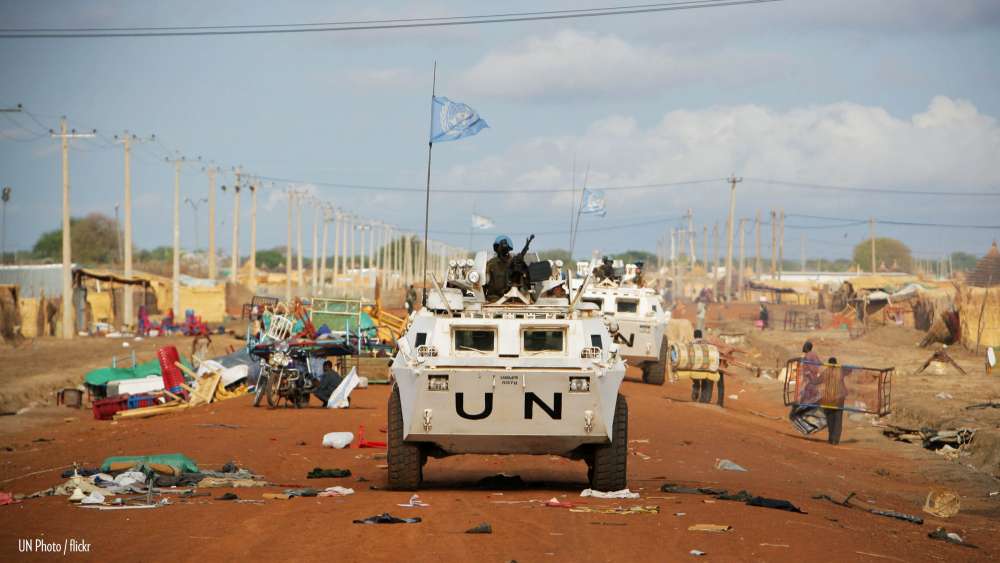Is UN Crisis Diplomacy Increasingly Helpless and Irrelevant?

Syria, Iraq, Ukraine, South Sudan – these are just a few of the hotspots currently challenging the United Nations. In none of these cases can the UN claim anything close to success in its attempts to mediate or bring about peaceful solutions. Increasing geopolitical fissures have buried the liberal dream of a UN-centric order and contributed to limits of action, especially in cases where the core geopolitical interests of key powers are at stake (for example, in Syria and Ukraine). But even where geopolitical rivalry is limited (as in South Sudan), crisis diplomacy is challenged by exorbitant expectations of UN protection combined with insufficient means, the often underrated veto power of local elites, as well as a weakness of political mobilization. And yet, despite its systemic weaknesses, the UN is unlikely to be challenged in its role as “provider of last resort” in political and humanitarian crises.
If simultaneous humanitarian and political crises are increasingly the norm, it is tantamount to strengthen and improve the toolkit available to the United Nations and regional organizations. The secretariat and member states should do their share to fix the systemic weaknesses of the UN’s crisis diplomacy. This includes conducting a practical analysis of the reasons behind frequent failures in order to identify opportunities for realistic improvements (and scrutinizing the often naïve expectations of third parties to influence and control local elites). Fixing systematic weaknesses should also entail investing into the diplomatic and mediating capacities of the UN. Though the High-Level Independent Panel on Peace Operations, scheduled to meet this year, the 70th anniversary of the UN, is primarily tasked with UN peacekeeping operations and political missions, it could provide its own impetus given the obvious overlap and connections to crisis diplomacy.
Such measures would not bring about instantaneous and miraculous improvements. Rather, the UN can be expected to continue “limping on” (in the words of Richard Gowan) because states all too often pass the buck, refusing to assume responsibility. Those affected by the conflicts in Syria and elsewhere too often feel abandoned by the international community and disappointed by the UN. This should be enough of an incentive for member states and the UN bureaucracy to improve the UN crisis diplomacy machinery.
…







